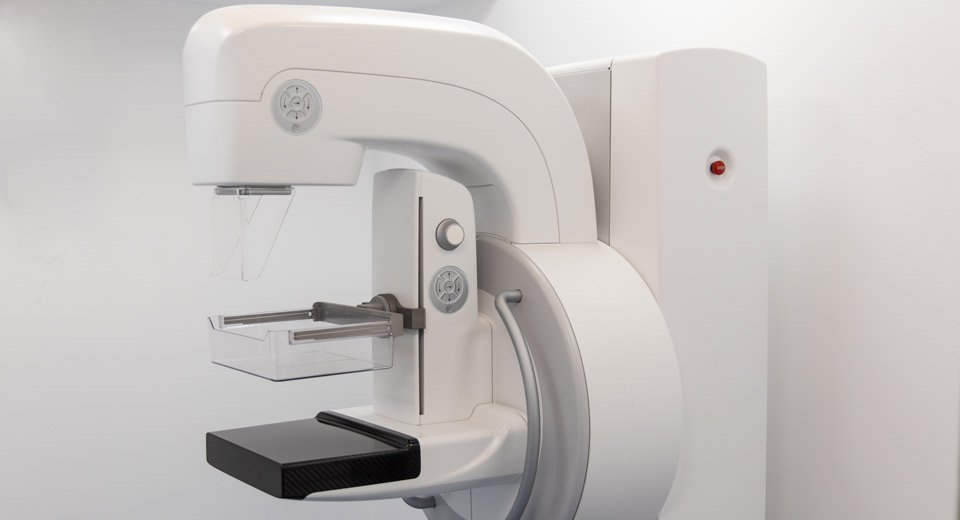5 mammography myths debunked

Are you avoiding a mammogram because you are scared or intimidated by the process? Maybe you think it’s not a big deal to skip your annual mammogram this year.
Even though mammograms are the gold standard for breast cancer detection, there are some misconceptions about it. We asked radiologist Hope Peters, MD, a radiologist at Cuda Women's Health Center in Hyannis to address common myths about mammograms.
Myth #1: You don’t need a mammogram if you don’t have a history of breast cancer in your family.
“Even though women with a family history are at higher risk of developing breast cancer most women who have or get breast cancer have no family history at all,” Dr. Peters said. “That’s why it’s important that all women undergo recommended routine screening mammography.”
85 percent of women who get breast cancer have no family history of breast cancer and less than 10 percent have a genetic mutation.
Myth #2: Mammograms don’t help.
“Mammograms save lives,” Dr. Peters said. “The goal of screening mammography is early detection, to find an abnormality before it presents as a lump or causes other breast changes. Earlier detection can result in less invasive treatment and better patient outcomes.”
Myth #3: Mammograms cause cancer.
“Mammography is the gold standard in detecting breast cancer and does not cause cancer nor does it cause cancer to spread, “Dr. Peters said. “Over the years, researchers have worked very hard to minimize the radiation dose for mammography.”
The risk of causing breast cancer from radiation is far lower than the likelihood of mammography detecting a breast cancer for women age 40 and older.
Myth #4: Mammograms are inaccurate and can lead to unnecessary pain and suffering.
“Accuracy in mammography interpretation improves with excellent image quality,” Dr. Peters said. “In mammography, this means compressing the breast during the exam which can be perceived as being potentially uncomfortable by patients.”
If you are afraid of a painful mammogram experience, Dr. Peters recommends you let your technologist know so she can walk you through the exam. There are techniques the mammography technologist can use to improve the patient experience, knowing that fear of pain and discomfort is one of the top reported reasons that patients decline annual mammography.
“Our job is to encourage all women to undergo annual mammographic screening. We work with the technologists and all of the Cuda staff to make the experience as comfortable as possible,” she said. “Upon completing their exam, the overwhelming feedback from patients continues to be positive.”
Myth #5: When mammograms lead to more testing it automatically means bad news.
“Not all additional imaging is bad news,” Dr. Peters said. “It signifies that additional testing is needed, and only a small percentage of these cases will have a persistent finding warranting short interval follow up or needle biopsy.”
“A fear of finding something is another reason women may not undergo routine mammography. We want to help allay these fears. If a patient wants to come in and just have a conversation, we’re happy to talk them through it. Cuda Women's Health Center and Seifer Women's Health & Imaging Center are welcoming and supportive environments.”
October is Breast Cancer Awareness Month, what a great opportunity to make sure we are all up to date with our breast health!
